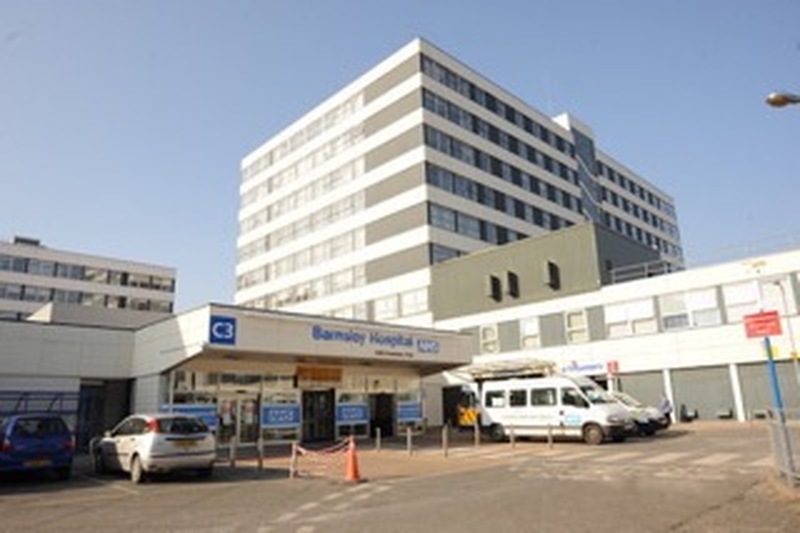ALMOST 400 operations were cancelled at the last minute by Barnsley Hospital last year, the latest figures have revealed.
Figures from NHS England show Barnsley Hospital NHS Foundation Trust cancelled 375 elective operations at the last minute for non-clinical reasons in the year to June.
It was up from 369 the previous year, and from 186 in the year to June 2019 before the Covid-19 pandemic.
Overall, NHS providers across England cancelled some 85,018 elective operations at the last minute in the recent year – up seven per cent from 79,757 in the year to June 2024.
It was the highest figure for the 12-month period since comparable records began in 2003/04.
But it only accounted for 0.97 per cent of the 8.8 million elective admissions recorded in the year to June, which was in line with the year before.
Data collection was paused in April 2020 due to the pandemic and resumed in the last three months of 2021.
While the number of operations cancelled at the last minute has remained broadly similar to pre-pandemic figures, the proportion of patients not treated within 28 days of cancellation has increased.
Following the cancellations in the year to June, 22 per cent of patients were not treated within 28 days of cancellation, which NHS England requires of hospitals that cancel last minute.
Although this was down slightly from 23 per cent the previous year, it was significantly higher than the nine per cent recorded pre-pandemic in the year to June 2019.
At Barnsley Hospital, 43 patients with cancelled operations were not treated within 28 days last year.
In comparison, this figure stood at 61 the year before, while none waited before the pandemic.
Danielle Jefferies, senior analyst at The King’s Fund, said the figures are ‘not surprising’.
She explained the growing level of patients facing long waits is due to short-term factors – such as growing waiting lists, strikes and seasonal pressures – and more ‘systemic’ issues, including understaffing, a lack of beds and high rates of staff sickness.
She added: “It must be really hard for patients, because it means they are waiting even longer for their care.
“We know it’s a physical struggle for them, and having to wait longer probably impacts their mental health as well.”
Rory Deighton, acute and community care director at the NHS Confederation, said: “NHS leaders and their teams have been working incredibly hard to drive down waiting lists and good progress has been made, unfortunately, however it is sometimes necessary to cancel a very small proportion of operations.
“Healthcare leaders know well the dismay this can cause to patients who can be left waiting in pain.
“More than a decade of being starved of capital investment has also left much of the NHS estate with crumbling buildings or out-dated equipment which compromise patient safety and can often mean limits on how many operations can be performed.”

